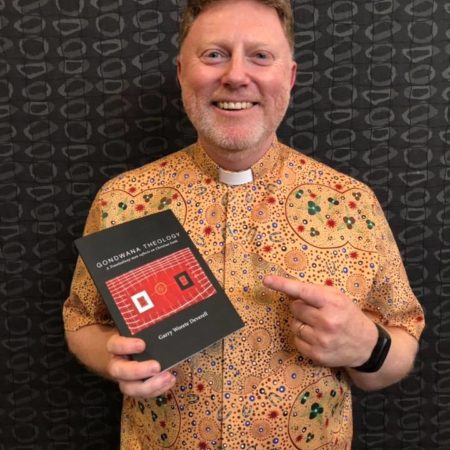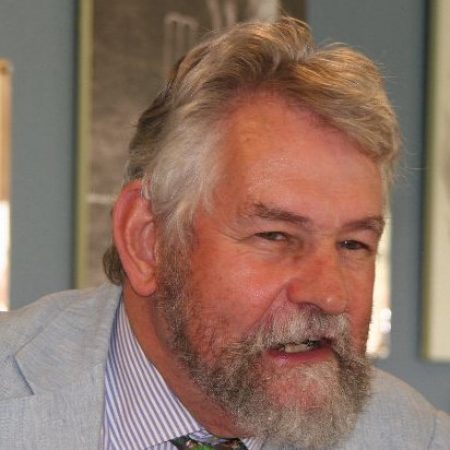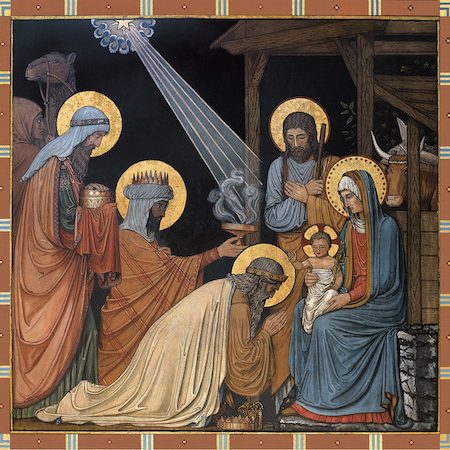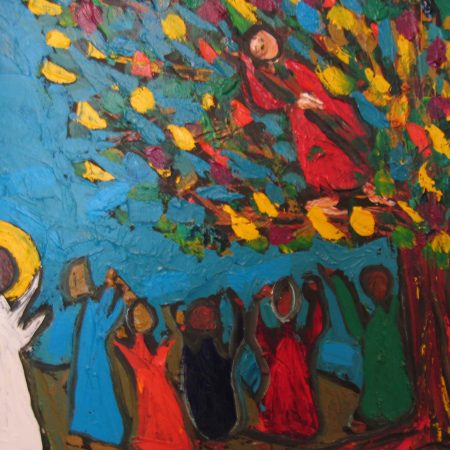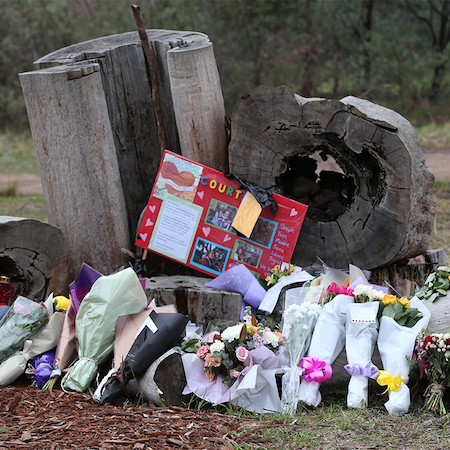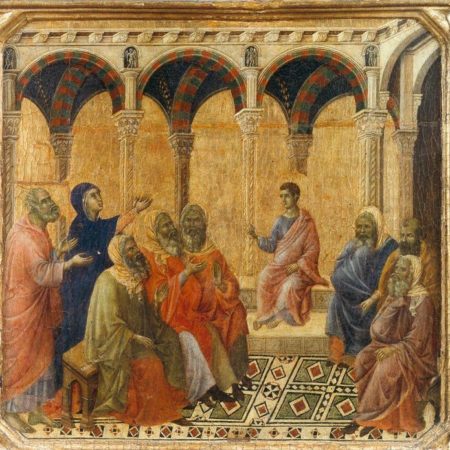Living the beatitudes is tough and dangerous, and we will need the inspiration and company of the saints, before us and beside us, if we are going to make it.
Sermons on Humility
In the face of the cultural call for an all-tolerating lack of conviction, we are called to be a particular people who follow and champion a distinctive way – the way found in Jesus.
Jesus calls all who are worn out from maintaining appearances as hosts to relax into the humility of being guests.
Being missioners needs to be patterned on Jesus if it is to have any integrity at all, and so it will be characterised by intentional engagement, genuine curiosity, deep listening, allowing others to be a blessing to us, and trusting ourselves to God.
We come to be followers of Jesus, not when we believe certain facts about him, but when we hear his voice and follow what it says (even if we don’t know where the voice comes from).
Instead of leaving unsaid the things that could cause conflict and division, we are called to listen intensely, slowly, intentionally, allowing all to speak their truth, so that we can find a way to move forward together in love and humility.
If you’re looking for wisdom, healing, practical solutions, look to Jesus, because church leaders constantly fail when they do any more than point to Jesus.
God created us and set us in a network of relationships with God, with the creation, with one another, and with ourselves, and all four connections need to be maintained for health.
God knows our tribulation and will keep us in the right way if we will trust to do right without fuss and without favour.
In the culture of Jesus, the very conditions that create discomfort, struggle, suffering and even scorn, paradoxically are transformed into the essential ingredients to inherit and inhabit the kingdom of God.
Jesus calls us to follow his lead in bringing healing, hope and positive leadership to others, and not to be too worried about anxious and vexatious criticism.
Godly love and respect doesn’t prevent disagreements in the church community, but it should enable us to address them without having to call in the lawyers.
God’s people are called to generously share their gifts, but also to humbly receive the gifts that are offered to us from unexpected sources.
The imminent arrival of God’s messiah asks each of us to take up the identity of witnesses who open the way for God to be known.
Christ’s gratuitous forgiveness and acceptance always manage to scandalise us, but it is our willingness to embrace them that saves us.
God delights to welcome everyone, and is not interested in who is better or worse, but we imagine God to be an elitist who mirrors our tendency to pick and choose and only accept the best.
The lectionary reading I’ve decided to focus on today is the reading from 2 Kings 5:1-14. I’ll be honest I chose this passage because of its unfamiliarity. Because of its strangeness. In undergrad I studied anthropology, the study of cultures, be it subcultures within our own culture or cultures more foreign. There’s a saying in anthropology that describes much of what the…
Whenever we are invested in the status quo, we are at risk of being caught up in seeing the liberation that Jesus brings as a threat to be opposed.
Jesus models for us a willingness to listen, learn and grow rather than a domineering certainty that insists on knowing who’s right and who’s wrong.
It is not from the halls of power but from humble places that the love which offers wholeness and healing and peace erupts into life.







